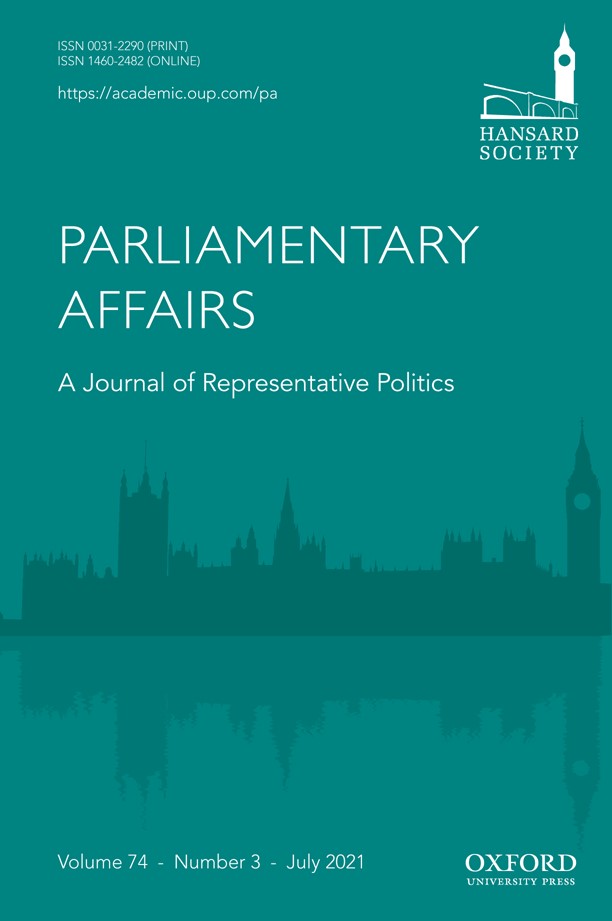 Christine Hübner and Jan Eichhorn published latest findings from their research into effects of lowering the voting age to 16 in a special issue of the journal “Parliamentary Affairs”. Both articles are freely accessible thanks to Open Access agreements.
Christine Hübner and Jan Eichhorn published latest findings from their research into effects of lowering the voting age to 16 in a special issue of the journal “Parliamentary Affairs”. Both articles are freely accessible thanks to Open Access agreements.
In Lowering the Voting Age to 16 in Practice: Processes and Outcomes Compared Jan Eichhorn (with Johannes Bergh, Institute for Social Research Oslo) writes about the structural factors that lead to and result from a lowering of the voting age in various countries. He distinguishes between top-down processes, which tend to be driven by governments or political parties, such as in Cuba, Estonia, or Austria, and bottom-up processes, which are largely driven by civil society actors, such as in Nicaragua, Brazil or parts of the USA, and effects on young people’s political action and attitudes.
With How Young People in Scotland Experience the Right to Vote at 16: Evidence on ‘Votes-at-16’ in Scotland from Qualitative Work with Young People Christine Hübner contributes the first longer-term qualitative analysis of young people’s experiences of a 16 voting age. Based on longer-term work with young people in Scotland, she concludes that voting at 16 can lead to mixed experiences — both positive and negative — among young people. A boost of confidence and political efficacy is weighed off against frustration among Scottish young people about their lack of voting rights in other elections and about a perceived gap between expectations and reality regarding the role of schools.
Also included are contributions on the debate in the UK (by Jon Tongue, Andy Mycock, Tom Loughran), on public opinion around the voting age (by Joe Greenwood and Raynee S. Gutting) and on new civic imagination around the voting age (by Benjamin Bowman).
